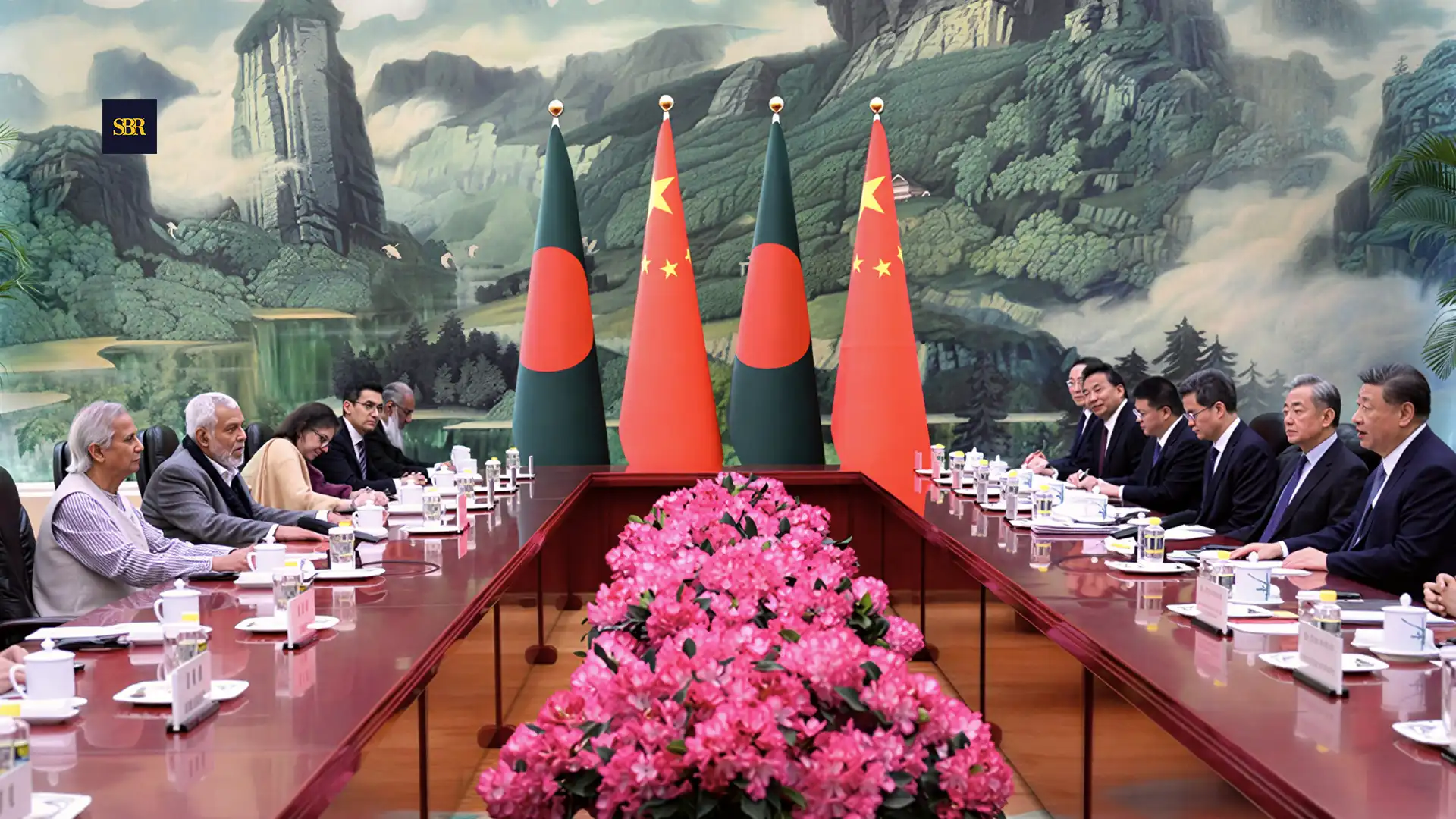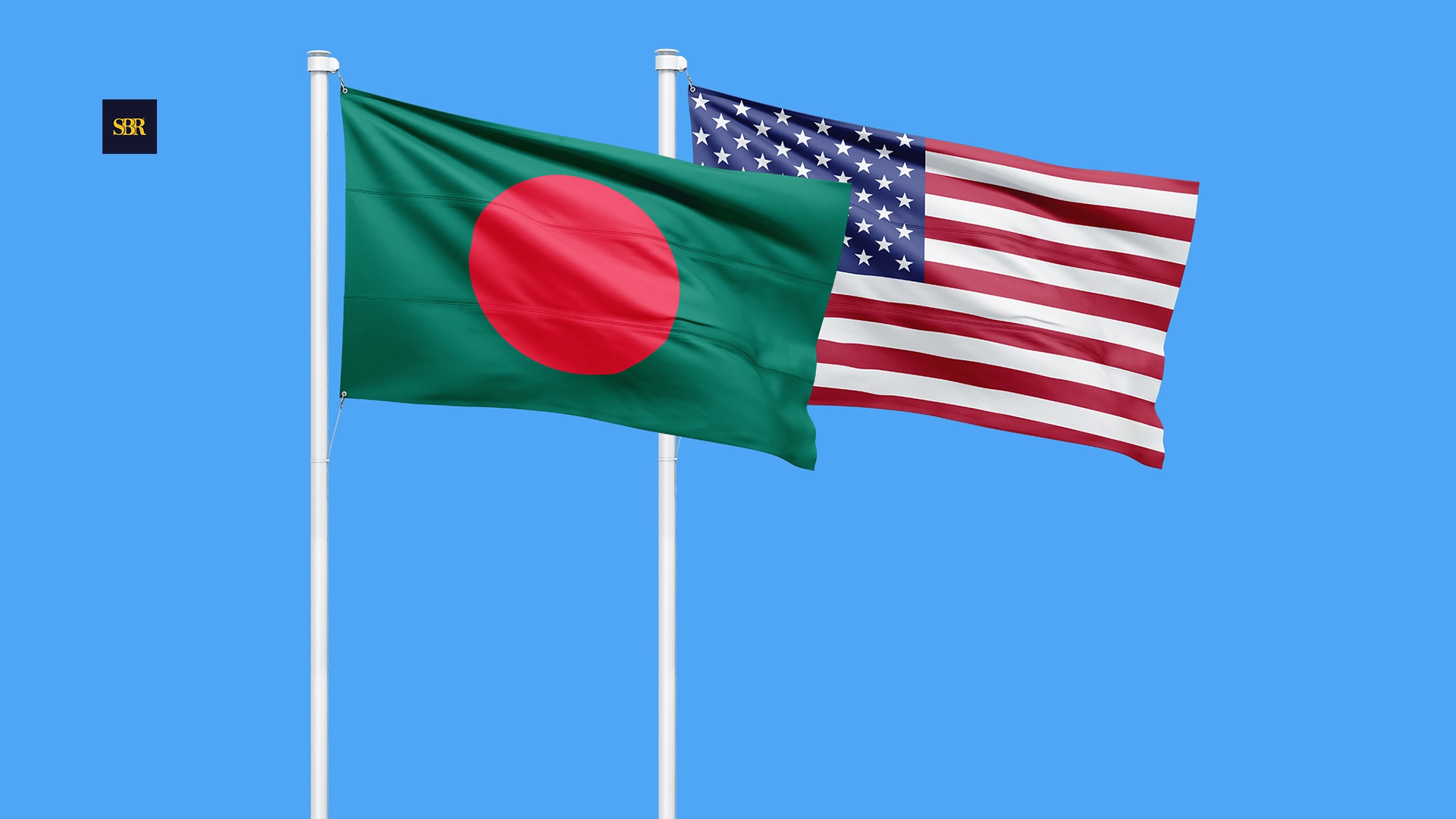RIYADH, Saudi Arabia, May 19, 2025 — VUZ, a company delivering immersive video experiences from music festivals, sports arenas, and red carpets, has secured $12 million in a pre-Series C funding round to deepen its presence in Saudi Arabia and the UAE while accelerating into Africa, Asia, and the United States.
The round was led by the International Finance Corporation (IFC), a member of the World Bank Group. Other participants include Al Jazira Capital, CrossWork VC’s Success Fund, several existing investors, and multiple Saudi family offices. The funding underscores Saudi Arabia’s rising role in shaping the region’s consumer tech future.
IFC’s involvement marks a notable shift. Traditionally focused on financial infrastructure and logistics across emerging markets, the global investor has rarely backed consumer-facing technologies. The bet on VUZ signals rising confidence in immersive content and its potential in mobile-first economies.
“The IFC is focused on emerging markets and saw us as a company scaling globally, including into those markets,” said Khaled Zaatarah, founder and CEO of VUZ. “They saw our traction with creators and immersive content in underrepresented markets as a strategic fit. We’ve built real momentum, and the potential for scale across Asia and Africa is tangible.”
VUZ, formerly known as 360VUZ, aims to position itself as a next-generation viewing platform — not in competition with YouTube or TikTok on volume, but by offering a distinct proposition: 360-degree, immersive content that places users virtually inside live events. From La Liga matches in Spain to music awards in Los Angeles, the experience is available via mobile apps, web, VR headsets such as Apple Vision Pro and Oculus, and smart TVs.
The company currently counts over 15 million users, up from 10 million in 2022, and has logged nearly 3 billion lifetime views. This user base is supported by exclusive immersive rights — such as deals with La Liga and the Professional Fighters League — and contributions from over 100 content creators. Collectively, those creators bring an audience reach of more than 100 million.
The growth strategy is grounded in local execution with global scalability. In the Middle East and Africa, the company is investing in telecom partnerships to drive distribution. More than 40 such agreements are in place, with further deals being negotiated across Asia. The company is already live in Egypt, Kenya, and Nigeria, with South Africa slated for launch later this year.
In the U.S., VUZ is shifting from organic user acquisition to paid marketing to increase traction. The goal: convert one-off viewers of high-profile events like the Oscars into returning users.
The business model has also evolved. Where 70% of content was once free and monetized through advertising, that balance has shifted to 60% free and 40% premium content, available through subscriptions or bundled telecom offers. Revenue has doubled in two years, and gross profit rose by 80% in 2024. While the company declined to disclose specific figures, Zaatarah confirmed VUZ reached EBITDA profitability last year.
Financial progress has been driven partly by a lean production model. Rather than relying on expensive production crews, VUZ equips freelancers and creators with proprietary gear. Hardware costs are recouped through future creator earnings. An internal unit, VUZ Studio, supports creators with editing and content packaging to streamline workflows. The studio also integrates live commerce, enabling influencers — particularly women — to sell products during livestreams.
A major challenge remains: persuading creators to view VUZ as a better monetization engine than TikTok or YouTube, and convincing users that immersive content is not a passing fad. The creator economy is still emerging in many parts of the Middle East and Africa, but Zaatarah sees this as an advantage.
“YouTube and Netflix are great, but they’re not building for creators in Nairobi or Riyadh,” he said. “We’re building a product, network, and monetization model that’s hyper-local — with the infrastructure to scale globally.”
VUZ now has operational offices in Saudi Arabia, the UAE, Egypt, Jordan, and the U.S. Teams are also being built in India and Indonesia. The company is targeting more than 5 billion lifetime views by 2026.
“VUZ’s tech edge and global reach align well with our mandate to support scalable platforms that empower creators,” said Farid Fezoua, global director for Disruptive Technologies at IFC.
The immersive internet may still be a niche, but VUZ is betting that disciplined execution and a local-first model — backed by Gulf capital and global ambition — will secure a leadership position in this emerging category.
They saw our traction with creators and immersive content in underrepresented markets as a strategic fit. We’ve built real momentum, and the potential for scale across Asia and Africa is tangible.















